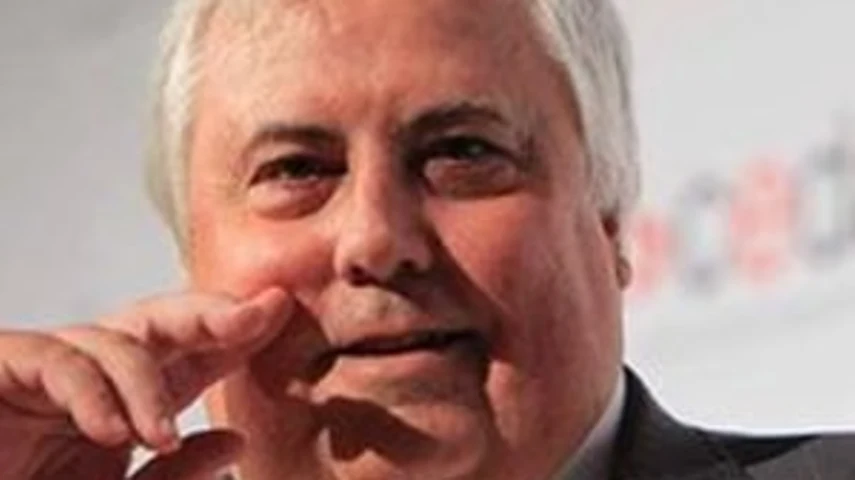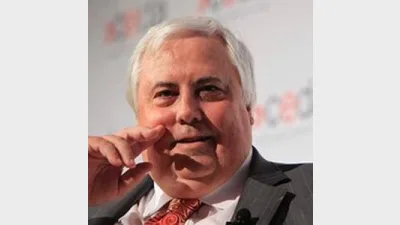Palmer urged to support LISC



Some of the most prominent voices in the superannuation space have called on Clive Palmer to back the continuation of the low income super contribution (LISC) scheme.
More than 30 industry voices, including Women in Super national Chair Cate Wood and the Australian Institute of Superannuation Trustees’ CEO Tom Garcia, wrote a letter to the Palmer United Party (PUP) leader to stress the importance of the scheme, which they said was relied on by many of the cohorts that made up the PUP faithful.
The measure gives workers who earn $37,000 a year or less a rebate of up to $500 on tax paid on super contributions.
It is reportedly received by around three million Australians.
“It is surely unfair that while the highest paid workers receive a tax concession of 30 per cent, the lowest-paid would be penalised for saving for their retirement,” the letter reads.
“Funding of LISC should be prioritised, as it benefits a third of the Australian workforce and is a crucial policy initiative in working to close the gap in retirement savings between men and women.”
The signatories asked Palmer to only back the MRRT repeal if the funding of the LISC was detached from it.
Organiser of the letter, National Chair of Women in Super, Cate Wood, said the LISC was a crucial restorer of equity in the superannuation system.
The LISC is particularly beneficial to low-income earning women, particularly as women are more likely to live longer and therefore require higher retirement balances, she said.
Recommended for you
Superannuation associations are in regular discussion with the Financial Advice Association Australia on the progression of the Delivering Better Financial Outcomes legislation with the second tranche of reforms focused on super.
The Financial Services Council has urged the government to reform the Compensation Scheme of Last Resort amid rising levy projections.
The super fund has launched Retirement Manager, a digital advice tool helping members plan income, spending, and retirement confidence with integrated support.
APRA has warned retail super trustees that financial adviser involvement in recommending platform products does not diminish their obligations, as regulators turned the spotlight on the Shield Master Fund and First Guardian Master Fund during a meeting with fund CEOs.









